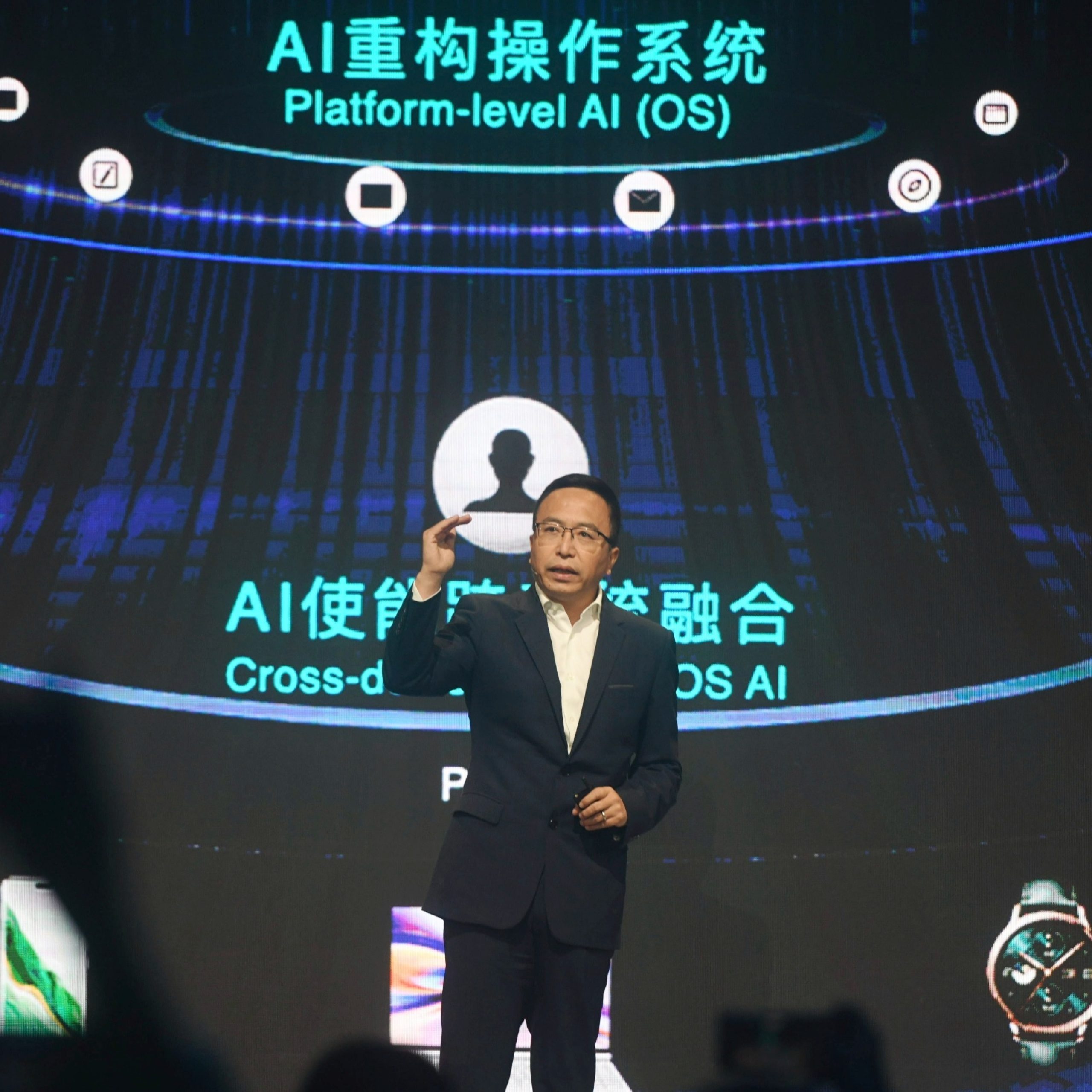In a significant move aimed at fortifying cybersecurity measures, Google has announced the open-sourcing of Magika AI, an innovative file-identifying tool. This development marks a pivotal step in Google’s AI Cyber Defense Initiative, which strives to equip IT network defenders and other stakeholders with advanced automated solutions to combat evolving cyber threats. Amid escalating concerns regarding the proliferation of malware and cyber intrusions, Magika emerges as a powerful asset in the ongoing battle to safeguard digital ecosystems.
Enhancing cyber defense with Magika AI
Magika AI represents a breakthrough in file identification technology, leveraging machine learning algorithms to discern the true nature of user-submitted files swiftly and accurately. Traditional methods of file analysis, reliant on heuristics and manual rule sets, often prove time-consuming and prone to errors. Magika, on the other hand, harnesses the power of trained models to rapidly analyze file data, ensuring precise identification and classification.
Magika’s utility extends across various Google platforms, including Gmail, Google Drive, Chrome’s Safe Browsing, and VirusTotal. By integrating Magika into these services, Google aims to bolster security measures and enhance the efficiency of data processing pipelines. Whether it’s distinguishing between legitimate image files and malicious scripts or identifying potential threats in email attachments, Magika serves as a critical defense mechanism in the fight against cybercrime.
Empowering cyber defenders
Beyond its internal applications, Google envisions Magika as a valuable resource for network defenders seeking to bolster their cybersecurity posture. By providing open access to Magika’s capabilities, Google aims to democratize advanced security tools, enabling organizations and individuals to better safeguard their digital assets. In an era where malicious actors increasingly leverage machine learning techniques to automate cyber intrusions, Magika offers a proactive defense strategy.
Google emphasizes the broader implications of AI in cybersecurity, highlighting its potential not only in threat detection but also in vulnerability assessment and patch generation. As cyber threats grow in sophistication, the need for adaptive and scalable defense mechanisms becomes paramount. Magika exemplifies Google’s commitment to innovation in cybersecurity, offering a glimpse into the future of AI-driven defense strategies.
Expanding collaborative initiatives
In tandem with the release of Magika AI, Google announces strategic partnerships with startups and academic institutions to further advance cybersecurity research and education. Through initiatives such as the AI Cyber Defense Initiative and the Cybersecurity Seminars Program, Google seeks to foster collaboration and knowledge-sharing within the cybersecurity community. By investing in the next generation of security professionals and supporting groundbreaking research endeavors, Google aims to fortify the collective resilience against cyber threats.
As Google unveils Magika AI and expands its cybersecurity initiatives, the landscape of digital defense undergoes a profound transformation. However, amidst the excitement surrounding these developments, lingering questions persist: How will the open-sourcing of Magika influence the broader cybersecurity ecosystem? Can collaborative efforts between industry leaders and academia effectively address the evolving challenges of cyber warfare? As stakeholders navigate this dynamic terrain, the convergence of AI and cybersecurity promises both unprecedented opportunities and daunting challenges on the horizon.





